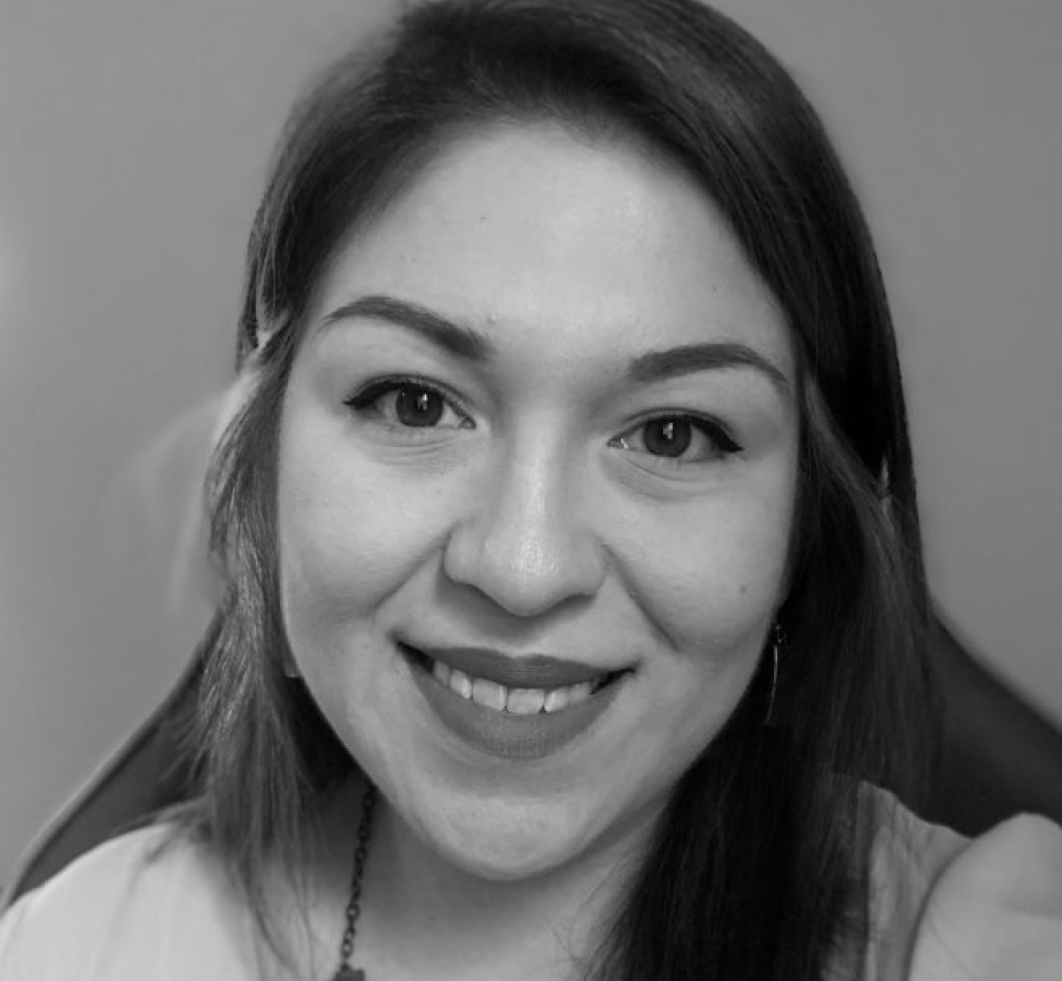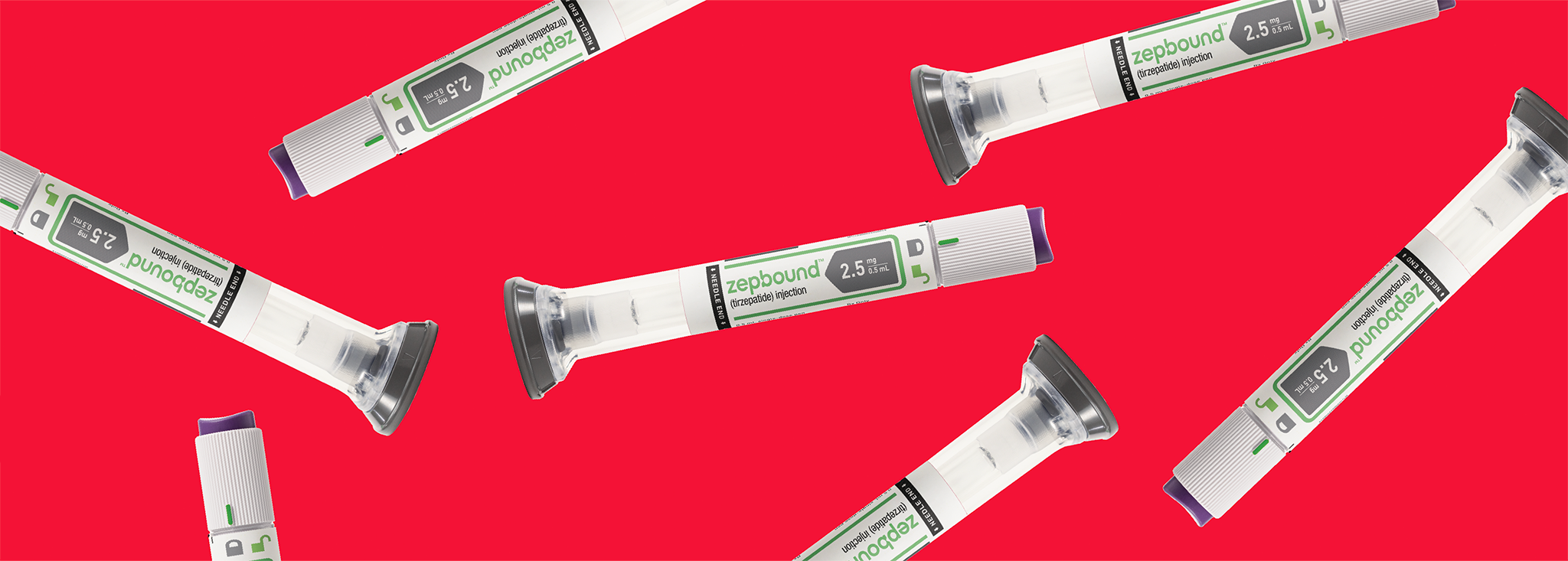What is the Health at Every Size Movement?
Written by: Liz Cambron-Kopco
7 minute read
August 18, 2022
Is being thin and small the only way to be healthy? The Health at Every Size movement says no! A person's weight doesn't define them.
For years, the importance of weight loss has been preached to people with type 2 diabetes (T2D). You’ve probably heard some oversimplified “advice” like “just cut down on your carb intake” or “try exercising more.”
This has led to an obsession with the scale and stereotyping of larger-bodied people as unhealthy, irresponsible and lazy. Although being overweight can increase your risk of developing diabetes and other conditions, diabetes does not have a single cause.
Despite extreme efforts, losing weight with T2D can be difficult. It’s also well understood that many factors impact a person’s weight and body composition. For many people, it’s extremely difficult to maintain weight loss, yet the messages around health from society and our health care providers often don’t reflect that.
The Health at Every Size (HAES) movement is tackling this issue by advocating for a new definition of what healthy looks like—one that isn’t primarily based on weight.
Why is focusing only on weight a problem?
Weight discrimination has been an issue in the larger society and even within healthcare, creating a barrier for larger-bodied individuals from getting the health care they need and deserve.
People who feel discriminated against by their doctors are also less likely to go to the doctor. This has collateral consequences for people’s health outcomes and can erode trust in the medical system.
Even people without diabetes have faced weight discrimination. Ellen Maud Bennett, a woman in Canada, was dismissed by her providers when she complained about symptoms of feeling unwell. She was told her weight was the culprit and to work on losing weight. By only focusing on her weight, her providers were unable to detect her cancer early. Her obituary encouraged women of all sizes to fight and advocate for their health.
Fat shaming within the diabetes community
In a poll of the Beyond Type 2 community, 83 percent of people said they had experienced weight bias by their providers.
“My doctor cut me off and told me to lose weight before I even finished describing my issue.”—BT2 community member
“I had back pain that kept me from exercising. My doctor didn’t bother checking my hip and back. He just shook my hand and told me to lose weight.”—BT2 community member
It’s no wonder so many people with T2D stop seeing their providers. Why would they dedicate time and money to see a provider who ignores their concerns and doesn’t actually help them address their problems?
By only focusing on a person’s weight it reduces the person’s worth to a mere number, impacting their mental health and relationship with their health care team.
Body weight stigmas and mental health
People with T2D who are shamed or treated differently by providers because of their size are more likely to deal with mental illnesses like anxiety and depression.
What are some prevailing stigmas around body weight and people with T2D?
- They are lazy.
- Aren’t physically active
- Are less desirable
- Are ugly
- Lack self-control/willpower around food
- Are inadequate
- Are not worth saving/treating
- Aren’t invested in their health
Many of these stigmas are perpetuated both in doctors’ offices and in our broader culture. People with T2D are usually portrayed in movies and shows as larger-bodied individuals that are gluttonous. With this portrayal coming from society and the healthcare system, people with diabetes (PWD) begin to internalize and believe these lies about themselves.
What is the Health at Every Size movement?
The HAES movement is pushing to move the focus from a person’s weight to their lived experiences to improve their experience of healthcare.
The Health at Every Size Principles
The Association for Size Diversity and Health (ASDAH) describes the HAES principles as:
- Weight inclusivity: stop the idea that you have to be a certain size to be healthy and respect all body sizes.
- Health enhancement: support policies and practices that aim to improve human well-being by focusing on individual physical, economic, social, spiritual, emotional and other needs.
- Eating for well-being: move from externally regulated eating plans to an internal, flexible and personalized eating focused on hunger, satiety, nutritional needs and pleasure.
- Respectful care: to end weight discrimination by acknowledging biases and understanding that several factors (socio-economic status, race, gender, sexual orientation, age and other identities) impact weight biases.
- Life-enhancing movement: support people of all sizes and abilities to engage in enjoyable movement in whatever form and degree they choose.
The goals of the HAES principles are to promote health equity, support ending weight discrimination and improve access to quality healthcare regardless of a person’s size.
HAES + type 2 community
Although the HAES principles were developed nearly 20 years ago, the message has spread thanks to social media groups like Weight Inclusive Nutrition and Dietetics.
Despite the newfound attention, this doesn’t mean everyone in the field of nutrition or diabetes has adopted these principles.
Only 57 percent of the Beyond Type 2 community members have heard of the HAES movement.
“I don’t believe in shaming people for being overweight but if it means you can whatever size you want with no consequences then I am a big nope!”—adult male with T2D
“I don’t believe in people trying to justify their unhealthy choices in life, which I can see being part of healthy at every size”—adult male with T2D
“I know people who are heavier and eat just about anything and their numbers are normal and they are active.”—adult female with T2D
Even within the T2D community, there’s still the stigma that larger bodies equate to unhealthy. After years of being lectured to lose weight, it’s no surprise that many PWD have internalized the stigma.
“There is concern that if we destigmatize obesity, people won’t be motivated to lose weight, but stigma does not motivate people to be healthy,” Rebecca Pearl, Ph.D., stated during her 2022 ADA presentation. PWD, especially older adults who have heard “lose weight” for decades, may be hesitant towards the movement to destigmatize larger bodies.
It may take time and providers starting to implement HAES principles in their practice to undo the damage and biases in the type 2 community.
Here are some tips for advocating for your health, regardless of what size you are.
- You can opt out of being weighed at a doctor’s appointment to avoid having it be the focus of your visit.
- Learn what to say at doctor appointments to advocate for yourself.
- Learn more about eating for well-being and body image/health at every size.
- Eat What You Love, Love What You Eat with Diabetes: A Mindful Eating Program for Thriving with Prediabetes or Diabetes—by Michelle May
- What We Don’t Talk About When We Talk About Fat—by Aubrey Gordon
- The Body Is Not an Apology: The Power of Radical Self-Love—by Sonya Renee Taylor
As a person with type 2 diabetes, if you have experienced weight discrimination, know that you’re not alone. PWD deserve to be respected and given proper care at ANY size!
Editor’s Note: Educational content related to weight and type 2 diabetes is made possible with support from Lilly Diabetes, an active partner of Beyond Type 2 at the time of publication. Editorial control rests solely on Beyond Type 2.

Author
Liz Cambron-Kopco
Liz has been living with type 2 diabetes since 2014, but grew up surrounded by it as a first-generation Mexican-American. With a bug for research, Liz pursued a PhD in molecular biology and spent her early career studying insulin signaling in invertebrates to understand how insects’ tiny little bodies work. Along with advocating for women and girls in STEM, Liz shares her personal journey with diabetes on her social media platforms to help teach people to become their own advocates. Her passion for advocacy led her to join the Beyond Type 1 team. When she’s not advocating, Liz enjoys hiking... Read more
Related Resources

Between the rising cost of food, paying for diabetes medications and other living expenses, you...
Read more

Getting a type 2 diabetes (T2D) diagnosis can be overwhelming, scary and lead to many...
Read more

On November 8th, 2023, Eli Lilly and Company’s Zepbound (tirzepatide) received FDA approval as the...
Read more

